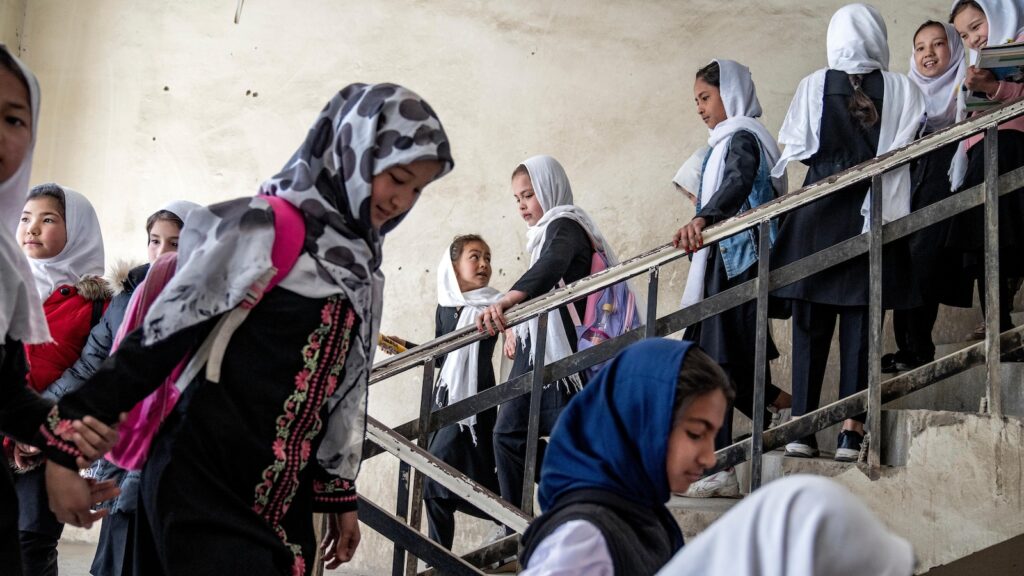A senior Taliban official has called on the group’s leaders to end a ban on education for women and girls in Afghanistan, saying they have no excuses and in a rare public condemnation of government policies. It was.
Sher Abbas Stanikzai, Political Undersecretary of the Ministry of Foreign Affairs, made the remarks in a speech in the southeastern province of Khost on Saturday.
“Just as there was no reason to justify education in the past, there is no reason to deny education to women and girls,” he told the audience at a religious school ceremony.
The government prohibited women from receiving education beyond the sixth grade. In September last year, it was reported that authorities had also suspended medical training and courses for women.
In Afghanistan, women and girls can only be treated by female doctors and medical professionals. Authorities have not yet confirmed the ban on medical training.
“We once again call on leaders to open the doors of education,” Stanikzai said in a video shared by the official account of social platform X. “We are doing an injustice to 20 million people out of a population of 40 million, depriving them of educational opportunities.” They have every right. This is not prescribed by Islamic law, but is a matter of our personal choices and dispositions. ”
Stanikzai previously led the Taliban team in negotiations that led to the complete withdrawal of foreign troops from Afghanistan.
This is not the first time he has said that women and girls have a right to education. He made similar comments in September 2022, a year after girls’ schools were closed for several months and before a ban on university admissions was introduced.
But the comments are the first to call for policy change and a direct appeal to Taliban leader Hibatullah Akhundzada.
Ibraheem Bahis, an analyst with Crisis Group’s South Asia Program, said Stanikzai regularly issues statements that girls’ education is a right of all Afghan women.
“However, this latest statement appears to go further in the sense that it publicly calls for policy change and questions the legitimacy of the current approach,” Bahis said.
Earlier this month in Pakistan’s capital, Islamabad, Nobel Peace Prize winner Malala Yousafzai appealed to Islamic leaders to challenge the Taliban on women’s and girls’ education.
She spoke at a conference sponsored by the Organization of Islamic Cooperation and the Islamic World League.
The United Nations said recognition would be nearly impossible as long as the ban on women’s education and employment continues and women cannot appear in public without a male guardian.
No country recognizes the Taliban as Afghanistan’s legitimate rulers, but countries like Russia have developed relationships with them.
India is also developing relations with Afghan authorities.
A meeting between India’s top diplomat Vikram Mistri and Foreign Minister Amir Khan Muttaqi in Dubai earlier this month signaled deepening cooperation between the two countries.



